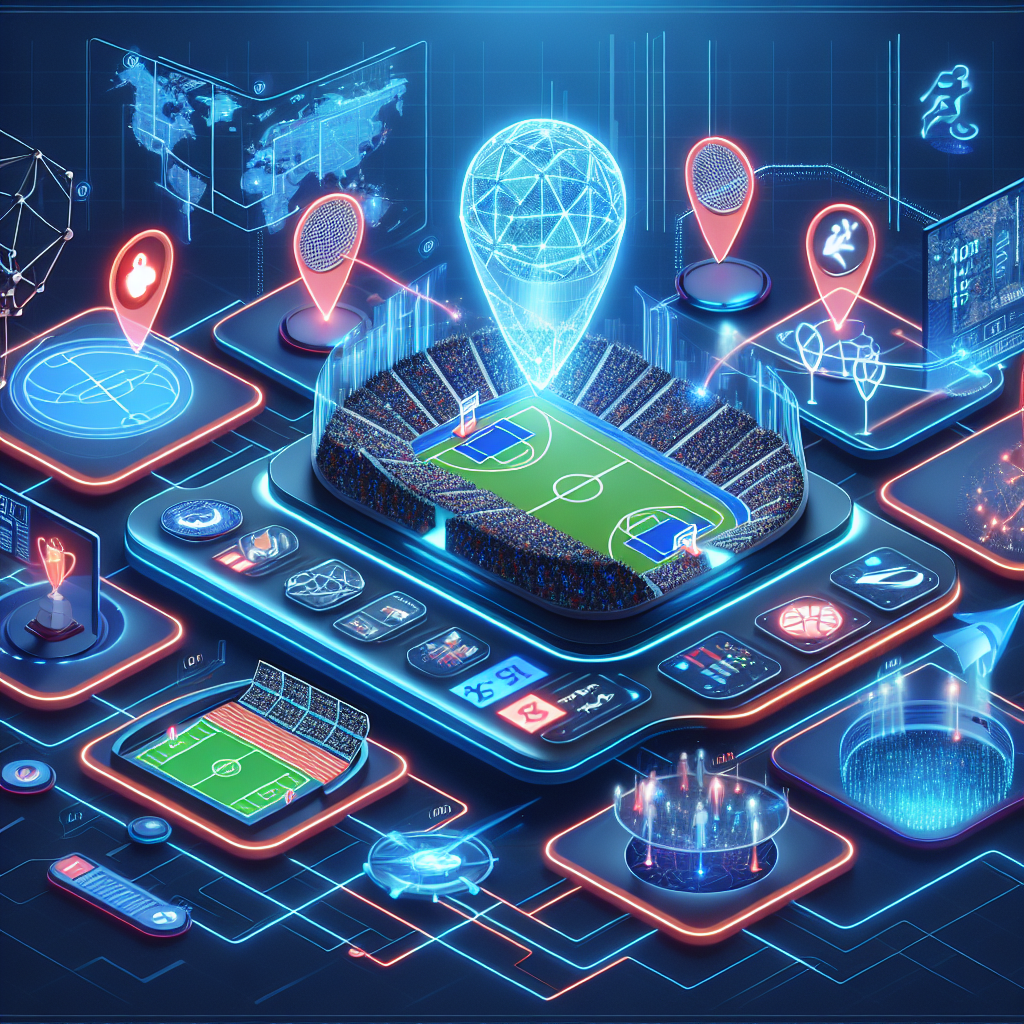Sports event planning requires a lot of coordination, organization, and attention to detail. From coordinating schedules, securing venues, managing logistics, and ensuring the safety and satisfaction of participants and spectators, there are many moving parts that need to come together seamlessly to create a successful event. In recent years, artificial intelligence (AI) has emerged as a powerful tool that can help enhance the planning and execution of sports events.
AI technology has the ability to analyze vast amounts of data, identify patterns, and make predictions based on that data. This can be incredibly valuable in the context of sports event planning, where there are often countless variables to consider and decisions to be made. By harnessing the power of AI, event planners can streamline processes, improve efficiency, and ultimately create a better experience for all involved.
One way in which AI can enhance sports event planning is through predictive analytics. By analyzing historical data from previous events, as well as real-time data from current events, AI algorithms can help predict attendance numbers, ticket sales, and even potential issues or challenges that may arise during the event. This can help event planners better prepare for contingencies and make data-driven decisions to optimize the event experience.
AI can also be used to personalize the event experience for participants and spectators. By analyzing data on individual preferences, behavior, and engagement, AI algorithms can help tailor marketing and communications efforts to specific audience segments. This can help drive engagement, increase attendance, and create a more personalized and memorable experience for everyone involved.
Another area where AI can make a significant impact is in safety and security. By analyzing data from security cameras, sensors, and other sources, AI algorithms can help identify potential security threats, monitor crowds, and alert security personnel to any potential issues in real-time. This can help ensure the safety of participants and spectators, as well as the smooth operation of the event.
In addition to enhancing the planning and execution of sports events, AI can also help optimize the overall fan experience. By leveraging AI-powered chatbots and virtual assistants, event organizers can provide real-time information, answer questions, and engage with fans in a more personalized and interactive way. This can help enhance the overall fan experience and create a more engaging and memorable event.
Overall, AI has the potential to revolutionize the way sports events are planned and executed. By harnessing the power of AI technology, event planners can streamline processes, improve efficiency, enhance safety and security, personalize the event experience, and optimize the overall fan experience. As AI continues to evolve and become more sophisticated, the possibilities for its application in sports event planning are virtually limitless.
FAQs:
Q: How can AI help with event scheduling and logistics?
A: AI algorithms can analyze historical data, real-time data, and other relevant information to help event planners optimize event schedules, coordinate logistics, and make data-driven decisions to ensure the smooth operation of the event.
Q: Can AI help with predicting attendance numbers and ticket sales?
A: Yes, AI can analyze historical data and real-time data to help predict attendance numbers, ticket sales, and other key metrics. This can help event planners better prepare for contingencies and make informed decisions to optimize the event experience.
Q: How can AI improve safety and security at sports events?
A: AI algorithms can analyze data from security cameras, sensors, and other sources to help identify potential security threats, monitor crowds, and alert security personnel to any potential issues in real-time. This can help ensure the safety of participants and spectators, as well as the smooth operation of the event.
Q: How can AI personalize the event experience for participants and spectators?
A: By analyzing data on individual preferences, behavior, and engagement, AI algorithms can help tailor marketing and communications efforts to specific audience segments. This can help drive engagement, increase attendance, and create a more personalized and memorable experience for everyone involved.

